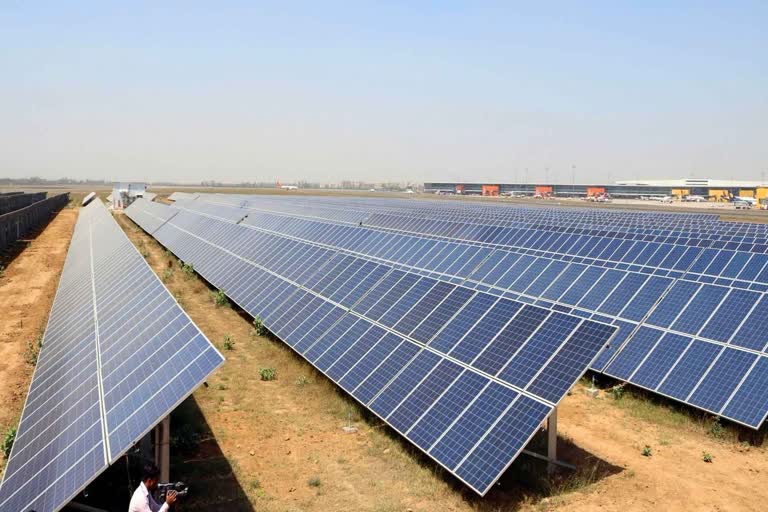New Delhi: To boost power sector investments, the government is considering a proposal to include power generating units in the list of infrastructure projects that qualify for getting investment-linked deductions, official sources said on Monday.
The move is expected to bring investments into a sector considered crucial for economic growth. Money flows into greenfield power projects have dried out as work on several upcoming and newly commissioned projects have come to a grinding halt over financing and fuel-related issues.
According to government sources, both the Power Ministry and industry associations have approached Finance Ministry for looking at including power sector projects in the scheme on investment-linked deductions retrospectively from April 1, 2017.
This, it is believed, would attract investment in the sector as project developers would defer tax payments to future years since tax breaks will be available till the time the project starts generating revenue.
Amid the overall trend of phasing out tax incentives, the then Finance Minister Arun Jaitley in Budget 2016 introduced a new incentive for the infrastructure sector by which construction of toll roads, seaports, airports, bridges, railway systems, highway projects and water supply and irrigation projects were included under a new Section 35-AD of the Income Tax Act, allowing investment-linked deductions to projects in these sectors.
Read more:Budget 2019: Infra PSUs can hope for tax-free bonds
The power sector, which got a 10-year tax holiday till March 31, 2017, under the provision of an earlier Section 80-IA (profit linked incentive), was not included under the investment-linked tax deduction scheme. This is likely to be corrected now with the Finance Minister looking at issues of inclusion of the power sector in Budget 2019-20 to be presented on July 5.
"This would be a good development for the sector that is witnessing increasing numbers of stressed power projects. Continuation of tax breaks would ensure that project developer would continue to pour in money, addressing other concerns on fuel and financing," said a senior official of a private sector project asking not to be named.
Section 35-AD is different from the earlier profit-linked incentive scheme for the power sector under section 80-IA as it allows deduction of capital expenditure incurred by qualified infrastructure projects from the earnings, while calculating taxable income in the subsequent year. The benefit, called investment-linked deduction, helps companies defer tax payments to future years.
"To keep parity and growth of infrastructure which is one of the priority areas of the government, it is suggested that generation or generation and distribution of power covered by provisions of section 80IA of the Act should also be covered by section 35AD of the Act. Alternatively, it is suggested that the benefit of deduction under section 80IA of the Act be continued for power sector undertakings and appropriate amendments be made in section 80-IA of the Act," industry body Ficci has said in its pre-budget memorandum.
The Modi administration has been phasing out tax breaks for the corporate sector to enable the roll out of corporate tax reduction from 30 per cent to a globally-competitive 25 per cent. Accordingly, the government has set deadlines for removing incentives, especially those involving the foregoing of large amounts of revenue.
One that relates to infrastructure is the benefit outlined in Section 80-IA of the Income Tax Act that allows companies to deduct profits from infrastructure projects from their overall earnings while calculating taxable income for 10 years after commissioning the project.
With the report of the Direct Tax Code Committee also expected soon, it remains to be seen whether the power sector would get a breather from the government by way of tax incentives.



